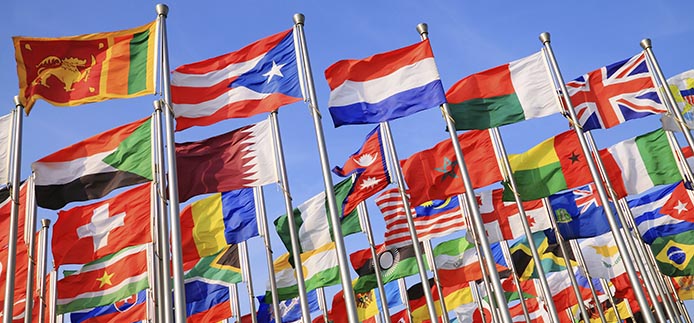MA in Public and International Affairs
The Graduate School of Public and International Affairs offers a rigorous multidisciplinary curriculum, which combines the study of international affairs and domestic policy-making. Benefiting from its prime location in the heart of Canada’s National Capital, a stone’s throw away from Parliament Hill, foreign embassies and government departments, the Graduate School of Public and International Affairs offers students an exceptional learning environment, where the benefits of talented teachers and cutting-edge academic research are complemented by the opportunity to engage experienced professionals about today’s challenges in public and international affairs.
Essential information for the Public and International Affairs program
General information and program requirements - Master of Arts Public and International Affairs







